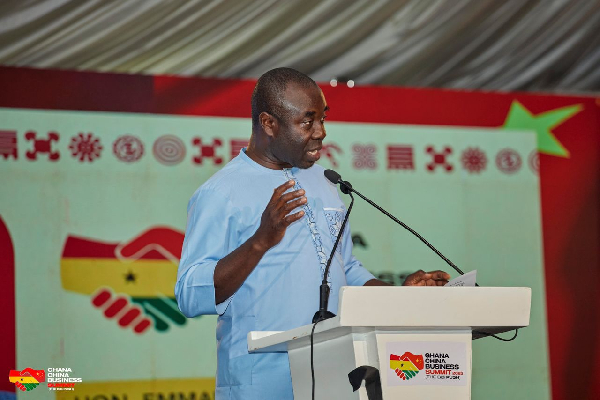KFC is investing £1.5bn in the UK and Ireland, opening 500 new restaurants and creating more than 7,000 jobs. The BBC, The Guardian and many more besides lapped up the news as everyone welcomed further growth in a sub-sector of fast food that is worth £3.1bn annually – and only expects to fatten further as US favourites including Popeyes, Wingstop, Dave’s Hot Chicken and Slim Chickens join the fried chicken party here.
“This significant announcement from KFC […] will help to drive socially productive growth, deliver economically and support employment across the UK,” said Kate Nicholls, chief executive of UKHospitality, which represents the big players in this space. Just don’t ask whether it’s socially acceptable, will deliver environmentally or can support producers who are already on their knees.
Indeed, this news hides the considerable costs of our insatiable appetite for poultry served up in greasy (and therefore hard-to-recycle) paper boxes, mixed in ingredients that are kept a secret. Namely: the imported soya (that comes with a huge environmental footprint); the fast-growing birds cooped up in small spaces; the pollution of land and rivers with vast amounts of poultry poo.
None of the coverage I saw mentioned any of this. Which reminded me of a piece in the Financial Times last year in which it was reported that Costco Wholesale was managing to sell (cooked) chickens at $5 (£3.90) (“Costco rules warehouse club roost with brisk sales of $5 chickens and other favourites”, the headline in June 2024 ran). And that’s brilliant news, the article concludes. “Costco’s point [ . . .] is to offer the lowest prices humanly possible”, one expert is quoted as saying.
At weekends, I enjoy the FT for its in-depth reporting of environmental issues, especially relating to food and farming. The reports carefully balance the reality of climate change, biodiversity loss and pollution with recognition of the commercial realities (often with a welcome undercurrent of: the status quo is shite when it comes to sustainable, resilient business).
But this was not the case here. “In 1,000 words of journalism, there was zero questioning of whether selling products such as chicken at rock bottom prices is sustainable in any way, shape, or form,” I wrote in a letter published in print and online by the same paper.
Indeed, the $5 is not the true cost of chicken because the environmental and welfare costs are not wrapped up in the price. “Your writers should know that,” I told the editor. “And they should start challenging businesses on sustainability in stories like this – especially in high impact sectors with clear issues like poultry.”
Seems that many other media fell into the same trap with the recent KFC announcement. It’s now even less of a secret that there is an issue with chicken production (there have been headlines here in the UK for months). KFC was also the first company to recently admit it won’t get anywhere near its high profile commitment to ‘better chicken’ by the end of this year, despite making the promises six years ago.
Wicked Leeks has reported just how badly the Colonel and his competitors across fast food and catering are doing against the Better Chicken Commitment. “KFC is taking us for a ride,” says Claire Williams, campaigns manager at The Humane League UK, which is planning to shut down some of the chain’s drive-thrus this summer.
While working for The Grocer in 2008, I reported on the “£1.99” chickens Tesco was selling in 2008, just days after celebrity chefs (Jamie Oliver and Hugh Fearnley-Whittingstall) had cried foul about intensive poultry farming in a TV series. My editor at the time kept asking us: “What the hell is going on with chickens?” We now know more than we ever have – intensive chicken farming is a pernicious, polluting production system that is fed by profits not purpose. And yet still we celebrate our insatiable demand for chicken. More fast food shops. More unhealthy food. Such ‘treats’ should never be so cheap.
In 2023, Fearnley-Whittingstall wrote again about his programme and the two-for-a-fiver chickens, “the insultingly low price for which could only be achieved by systematic cruelty”. He wrote: “It is incredibly hard to change people’s minds, influence the policies of companies obsessed with bottom lines, or shift the interpretations of our ponderous judiciary.”
The celebrity chef turned campaigner suggested it could take another 15 years to make the BCC welfare improvements fully mainstream in the UK (and will keep piling the pressure on). If food retailers threw their weight behind welfare reforms now, it could take a fraction of that time.
So, is any of that £1.5bn put aside for KFC UK&I being spent on slower growing, higher welfare chicken, and paying farmers a better price for it? I emailed the chain’s owner, Yum! Brands, as well as KFC directly to ask. As the headlines screamed of jobs and money and investment I was met only with silence.












